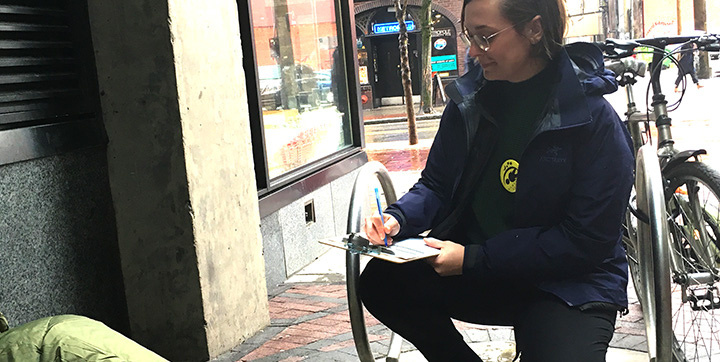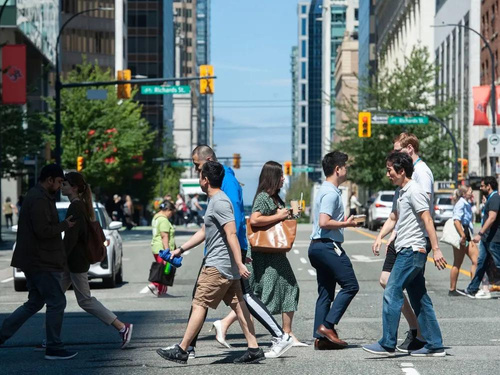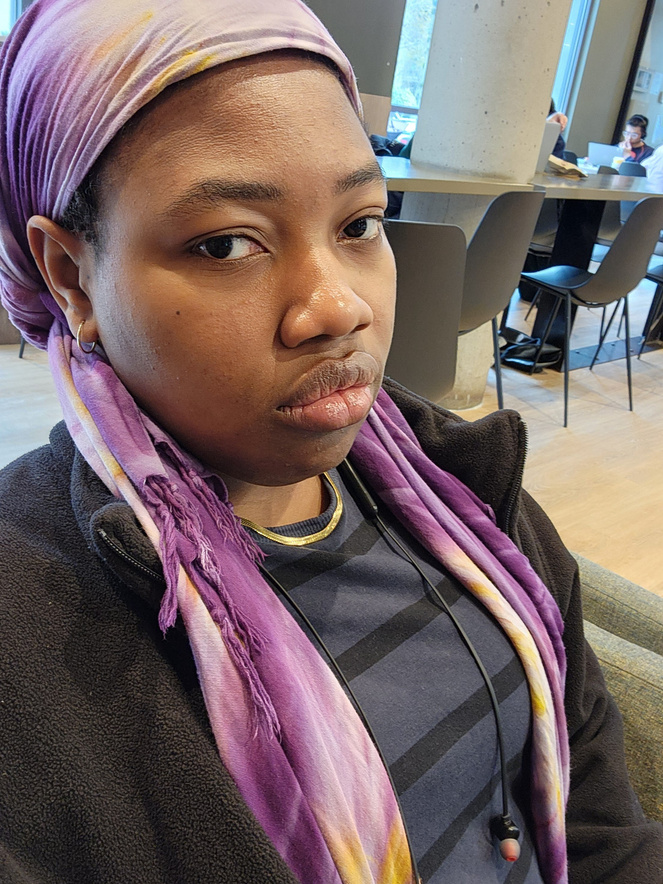M. A. J research group
Stop The Crisis:
A Look Into B.C. Policies for the Homeless

Content
Introduction
Our Mission
Introduction
Vancouver has seen an increase in homelessness and housing rent prices for over a decade, and this crisis is yet to cease. In our research, we will be looking into the correlation between the Homeless crisis, and we find to be the largest contributing factor, housing prices.
Regardless of the large funding put into policies and initiatives enacted by the B.C. government in the attempts to alleviate this issue, the numbers get worse year by year.
We will be looking into four policies set in place to alleviate this issue. We have chosen the policies based on those which receive the largest funding. By looking into these policies, and the years they have been implemented, we aim to find whether or not they have been effective. Additionally, we’ll be taking a look into who is being most affected by these issues, and whether the policies set in place are set to support them.
What are the Numbers?
A look into the City of Vancouver’s Homeless Count
The first graph presented allows us to view the increase of individuals identifying as homeless in Vancouver B.C. Our graph depicts an increase over time, we took a look into the Homeless Count data provided by the City of Vancouver. In which we found that for the data from 2013 - 2023, excluding data from 2020 and 2021 due to the COVID-19 pandemic, there has been an increase by 51.25% over the last decade.

Homeless Count V.S. Rent Amount
Our homeless count vs. rent amount graph combines our first and third graphs which are showing the homeless count along with the policies of Vancouver. While showing a comparison between these two things, it also compares the monthly rent amount by year. This graph shows what policies were in place and how that affects or doesn’t affect the rent amount per month. It seems that they did not have much impact as both the homeless and housing rent increased. Only between 2019 and 2020, after the introduction of the Building BC policy was there a slight decrease in homelessness. However, by 2023, homelessness shot up even higher than ever before - indicating that current government strategies and policies of simply pouring monumental funds into generalized demographics doesn’t work in the long term.
B.C. Policies
Our B.C. policies graph shows the policies of Vancouver against how much the Government has spent on them. We wanted to utilize a bar graph for this data as it is clearly able to show how much the Government has spent on various policies throughout the years. These policies are only a few that exist in the City of Vancouver; however we chose these policies because they are the ones with the highest total budgets. From these policies alone, we see that the City of Vancouver has invested about $10 Billion into initiatives that are meant to be helping the homeless. From our Homeless Count visualization at the beginning, it is clear to see that these policies are not helping to mitigate homelessness in Vancouver. So, why does the city keep funding these policies? This is unclear; although, they should be putting their money into policies that help our homeless population.
The Effects on Indigenous Communities
This graph shows the percentage of Indigenous People in Vancouver vs. the percentage of Indigenous People in Vancouver that are homeless. For this graph, we were able to collect data from 2005 to 2023 which is better to see the growth overtime. From the scale of this graph, you are clearly able to see how much of a difference it is between the amount of homeless Indigenous people in Vancouver vs. the amount in the total population. In 2023, about 2% of Vancouver’s population was Indigenous while about 40% of its homeless population was Indigenous. The difference between these numbers should not be so drastic. The amount of people in an ethnicity group in a population should equal to about the same amount of those people that are homeless, in an ideal world. From this graph, we are clearly able to see that something needs to be urgently done to fix this problem for Indigenous people. Indigenous people are too over-represented in Vancouver’s homeless population.
Our Mission

Directing funding to better strategized policies
We hope to educate our local government officials on these pressing issues in order to cater funding to more specific demographics, especially those most in need

Increasing Support for Local Communities
Through education, we pressure our community to join us and be aware of the issues that are affecting our B.C community.

Focused support for Indigenous Communities
We hope to raise awareness on how this issue is affecting marginalized groups, with the aim of achieving focused support and funding.
Conclusion

Our research shows the correlation between the increasing number of individuals identifying as homeless, and the increasing cost of living, specifically rent pricing. Furthermore, we found that Indigenous peoples are being affected by the homeless crisis disproportionately.
Our analysis may present inspiration for government officials to include in all future policies and initiatives to alleviate the housing crisis. The key point is for funding to be put towards policies that are broken down into separate departments to better cater to different demographics’ issues, rather than putting said funding into just one initiative to handle all demographics who happen to deal with homelessness or be impacted my the housing crisis.
M. A. J research group
What does the future look like for you?
Want to make a change in these policies?
Write to local Vancouver policymakers and mail to:
City Clerk's Office
453 West 12th Ave
Vancouver BC, V5Y 1V4
Or
Go to their website
Meet the People Behind M. A. J RESEARCH GROUP
Get to know the real superstars behind our analysis group!

Madison Stiver
RESEARCHER
Does data analysis, visualization and writing

Amelia Liza-Carre
Researcher
Does data analysis, visualization and writing

Jane Diokpo
RESEARCHER
Does data analysis, visualization and writing